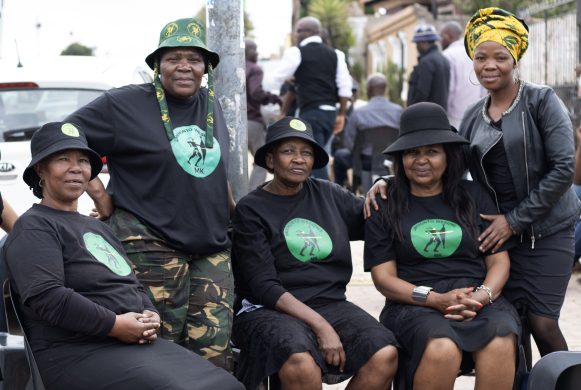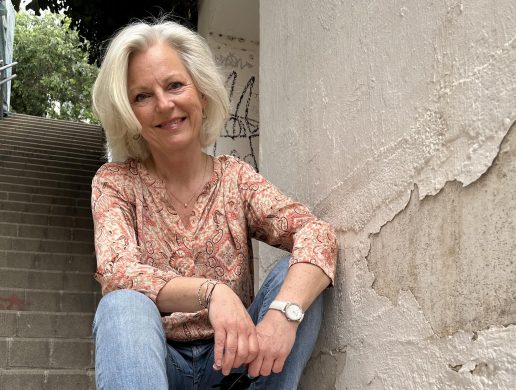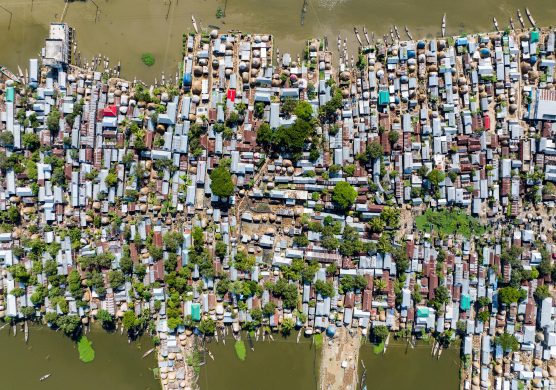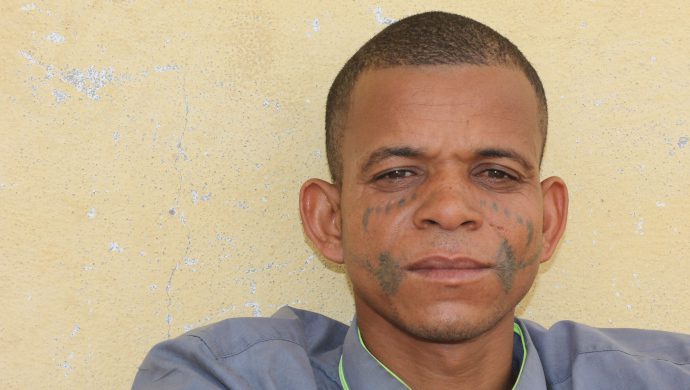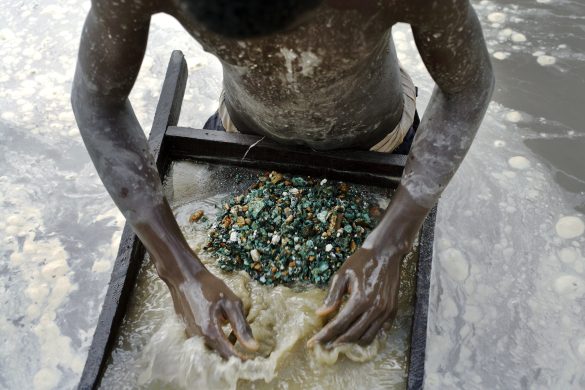Årsrapporten fra vagthunden for verdens urfolk – eller oprindelige folk – IWGIA er nu på gaden og fortæller om etniske mindretal, udsatte grupper, stammefolk osv og de store udfordringer, de står overfor
In 2010 indigenous peoples continued to demand their right to self-determination, to respect and to a human treatment on the local, national and international level.
There have been some positive developments, but also many examples of the continuous human rights abuses indigenous peoples suffer.
The yearbook, “The Indigenous World 2011” clearly shows that encroachment (indgreb/indtrængen) onto indigenous peoples’ lands and territories by companies is still one of the greatest threats to indigenous peoples the world over.
Many of the articles tell of the displacement of indigenous peoples due to the construction of hydroelectric dams or due to mining operations and other activities, of human rights violations related to large-scale developments and of the serious environmental impact of industrial projects on indigenous lands.
When the UN Declaration on the Rights of Indigenous Peoples was adopted in the UN General Assembly in September 2007, only four states voted against it, while 11 states abstained. Australia revised its position in 2009, officially endorsing the Declaration.
In 2010, New Zealand, Canada and the US followed suit. Furthermore, two countries that had previously abstained from the vote also expressed their commitment to the Declaration.
These are important developments and the value of the consensus around the Declaration cannot be underestimated. The Declaration is truly a universal instrument protecting the rights of indigenous peoples.
“The Indigenous World 2011” compiles 58 countries reports and 8 reports on international processes.
It tells the story of indigenous communities and organisations from the Americas, to Africa, to Asia to the Arctic and draws a picture of indigenous peoples’ realities, their challenges, as well as their positive stories during the past year.
The book was launched at the meeting of the UN Permanent Forum on Indigenous Issues with the attendance of a great number of indigenous and non indigenous participants.
The book can be purchased through IWGIA: shop.iwgia.org or can be downloaded for free from our website at http://www.iwgia.org/sw45875.asp
The book is also available in Spanish and English as a CD version.
For further questions please contacts the editor, Kathrin Wessendorf at e-maiI: [email protected]
International Work Group for Indigenous Affairs (IWGIA)
Classensgade 11 E, 2100 Kbn Ø
tlf. 35 27 05 00 – e-mail: [email protected] – web: www.iwgia.org






